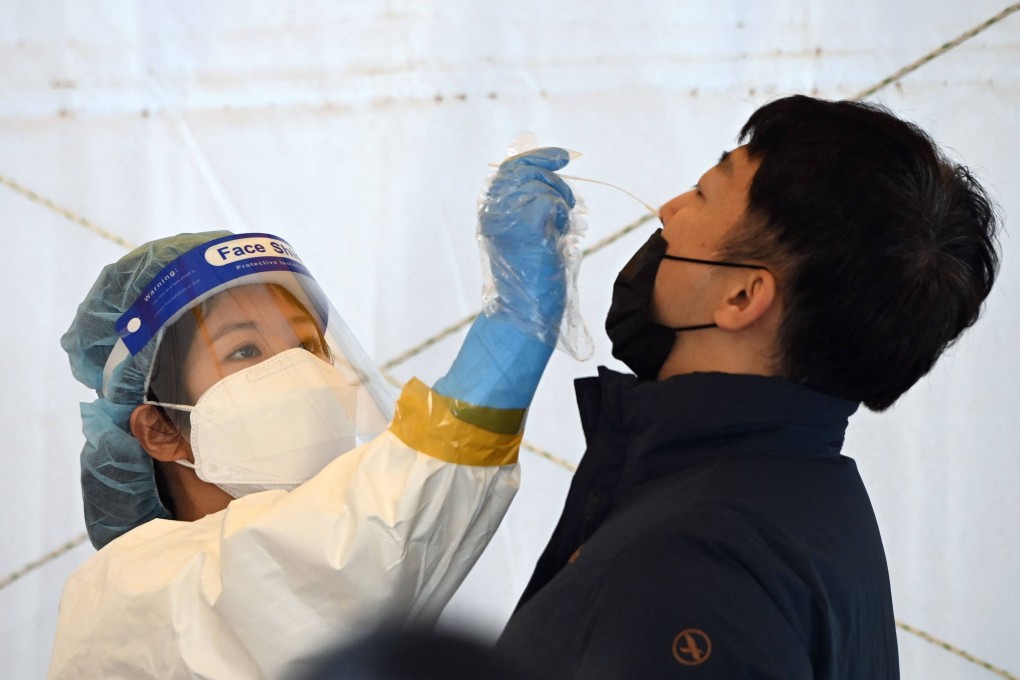Coronavirus: South Korea cases hit record 7,850; Australia reopens borders
- South Korea is considering reimposing restrictions as breakthrough infections spike after it adopted its ‘living with Covid-19’ policy
- Elsewhere, Australia reopened its borders to vaccinated skilled migrants and foreign students while PM Scott Morrison tested negative after potential exposure

The Korea Disease Control and Prevention Agency (KDCA) posted 7,850 cases for Tuesday, with the number of patients in serious condition also reaching a fresh high at 964.
Daily tallies of infections shot past 7,000 for the first time last week, just days after passing the 5,000 mark, putting ever greater strains on the country’s medical capacity.
Total infections in the pandemic so far have risen to 536,495, including 128 cases of the potentially more transmissible Omicron variant, with 4,456 deaths, according to the KDCA.
Prime Minister Kim Boo-kyum warned on Wednesday that the government is considering reimposing strict distancing curbs including a ban on gatherings and a curfew on dining in eating establishments. An official announcement is expected on Friday.
“We’re looking at the current situation very seriously, and seeking to implement even stronger social distancing measures,” Kim told an intra-agency meeting, without elaborating.